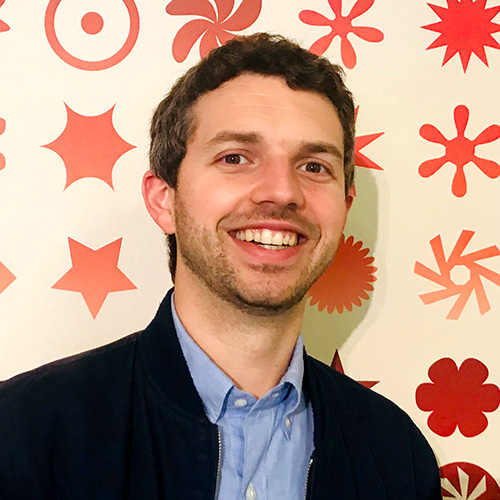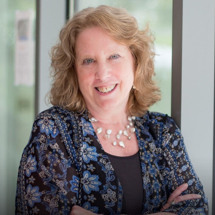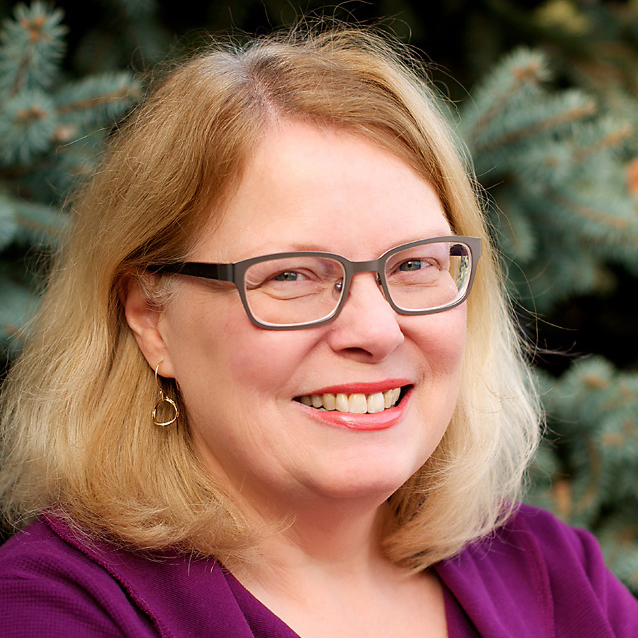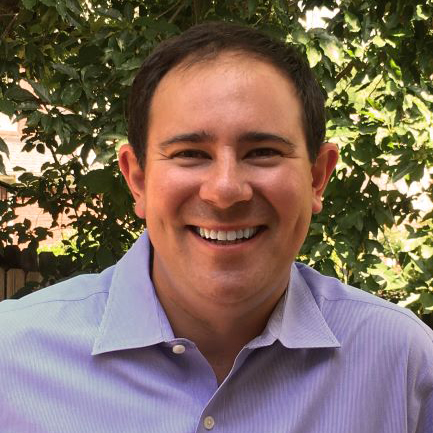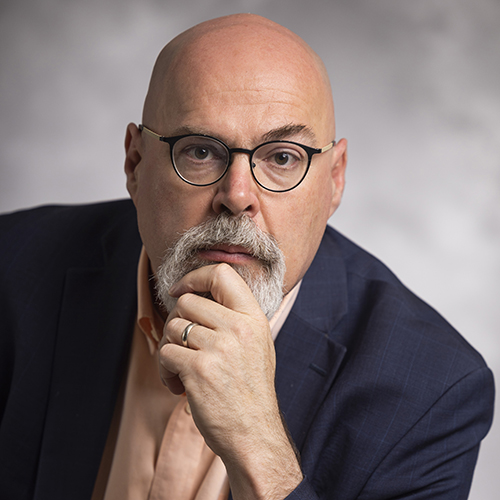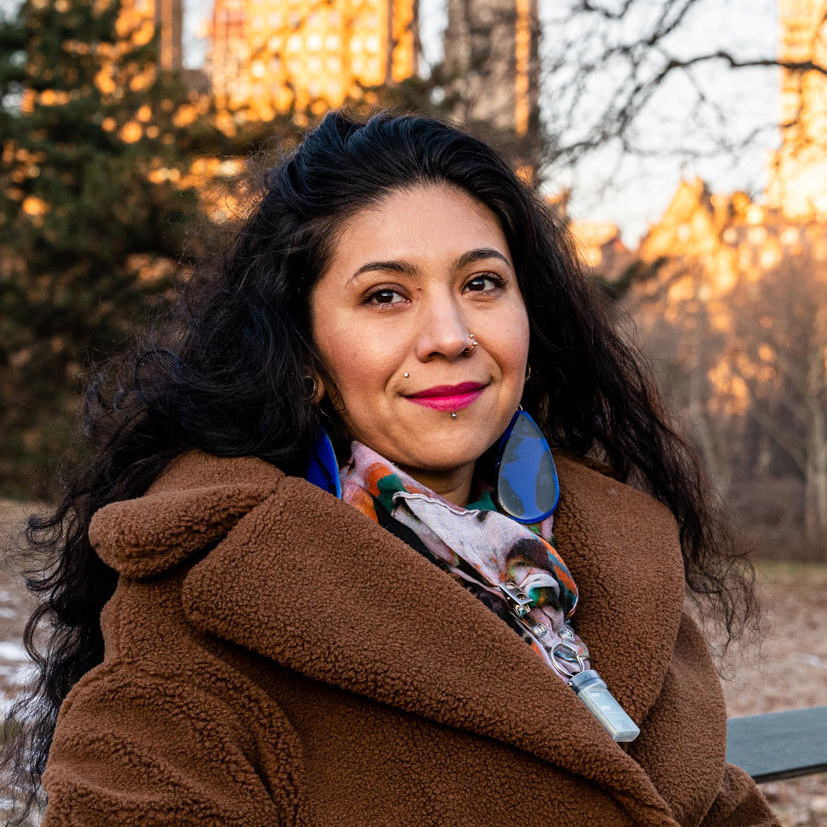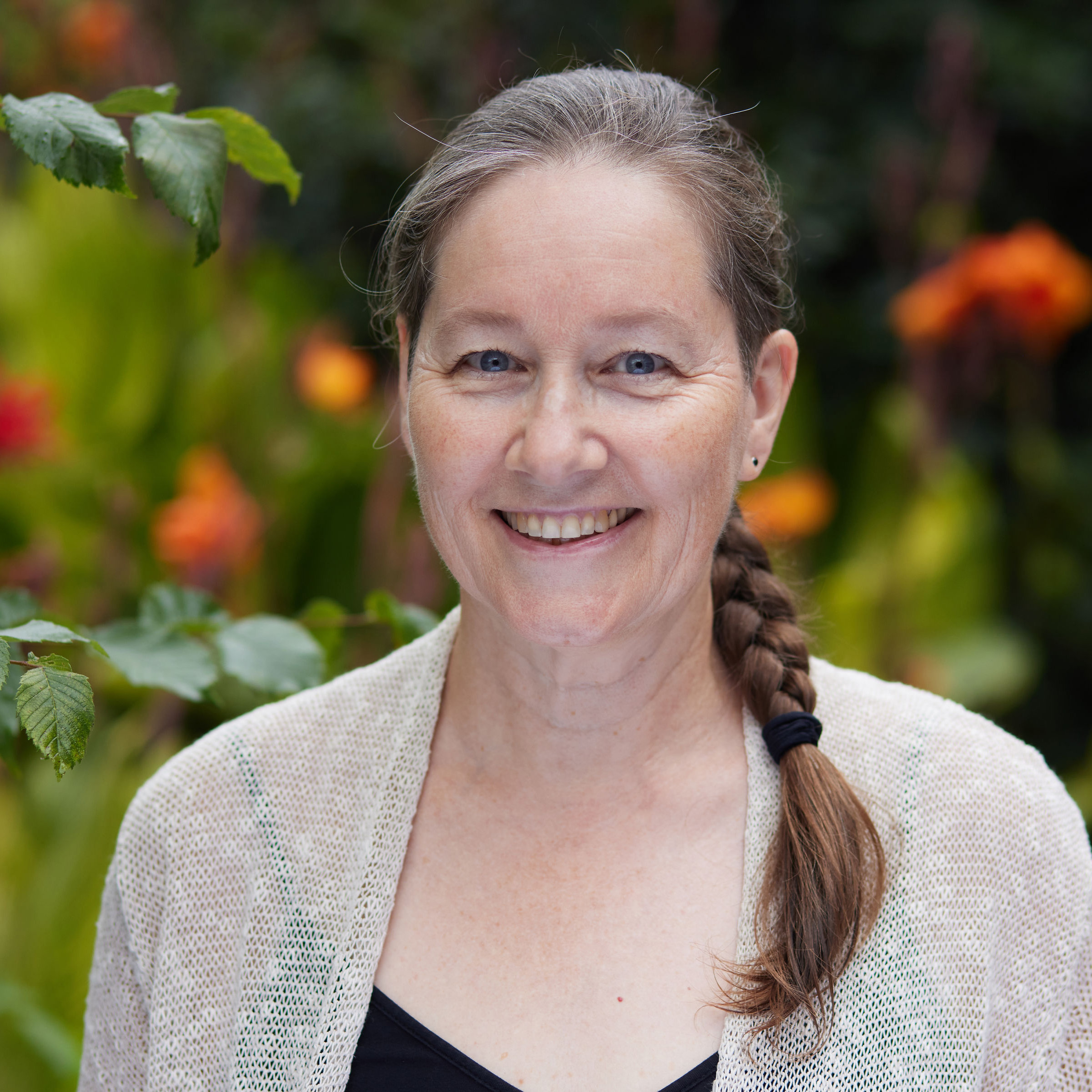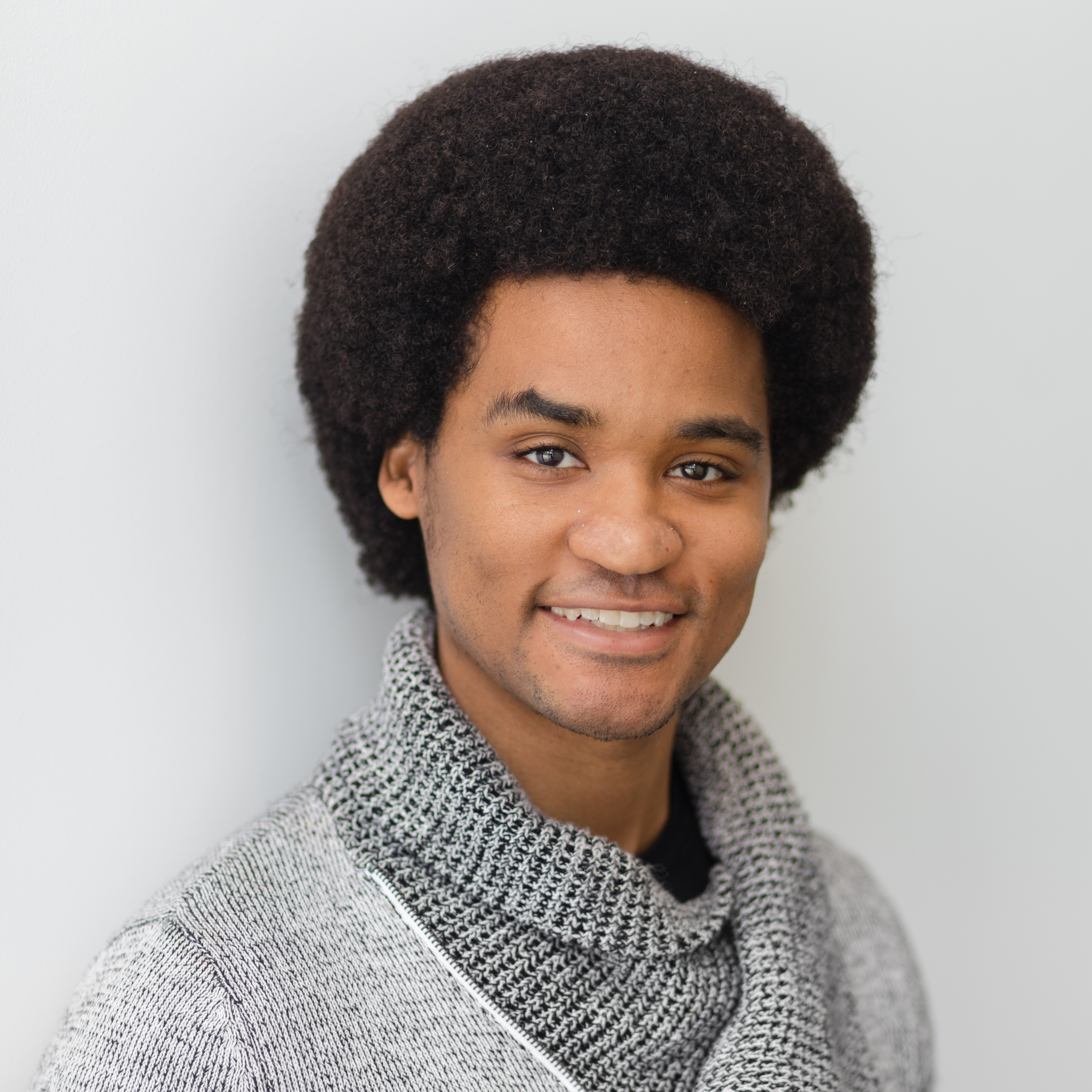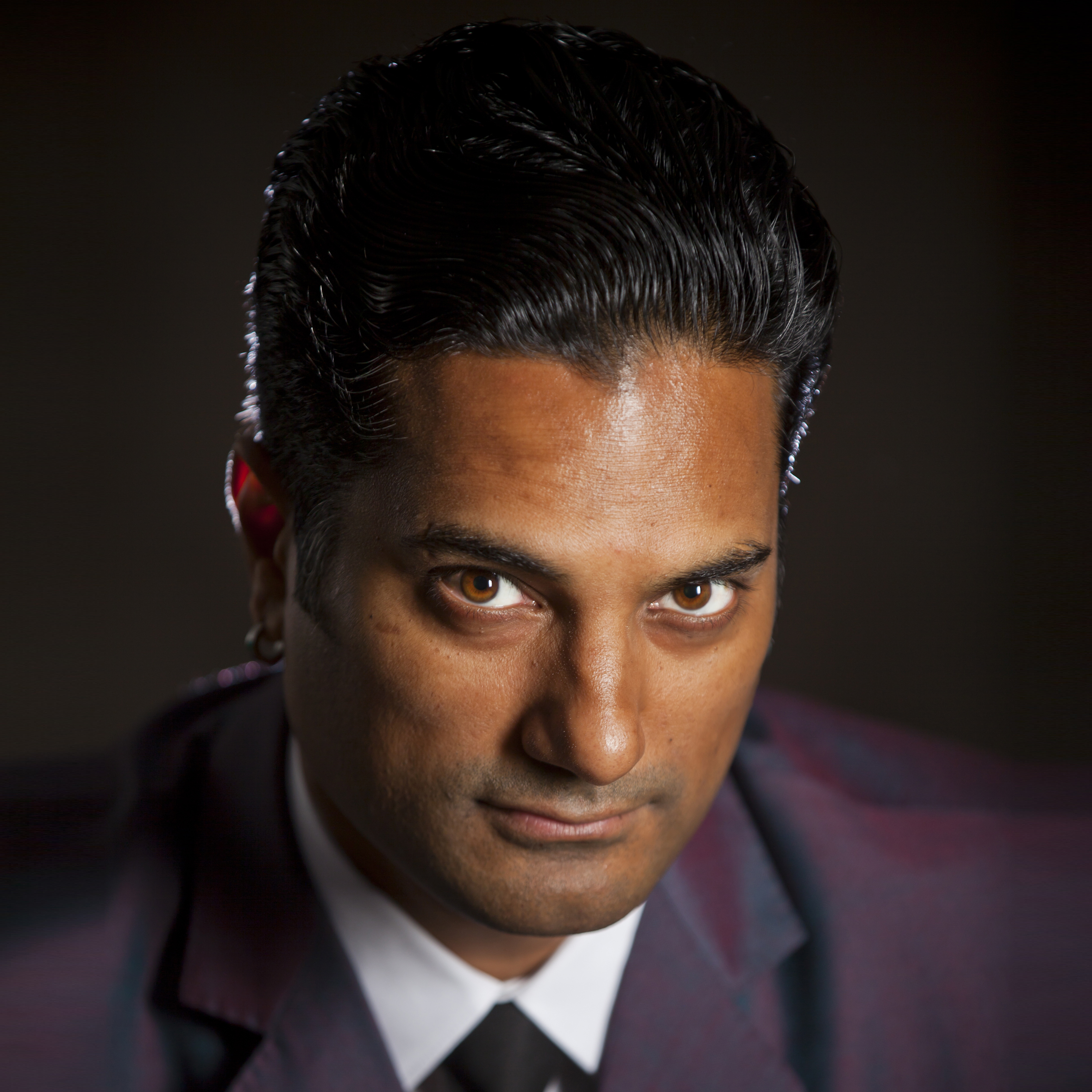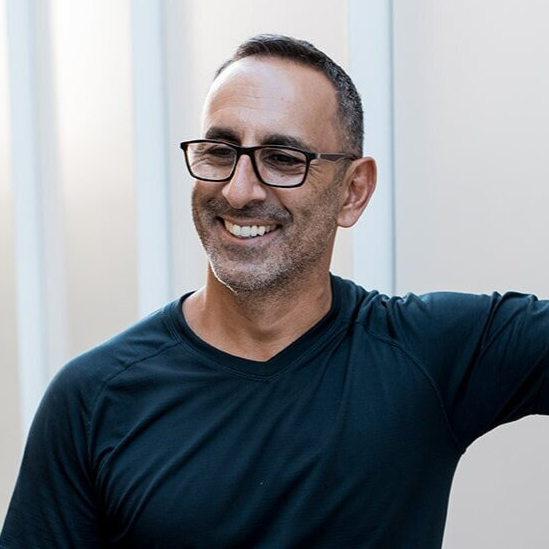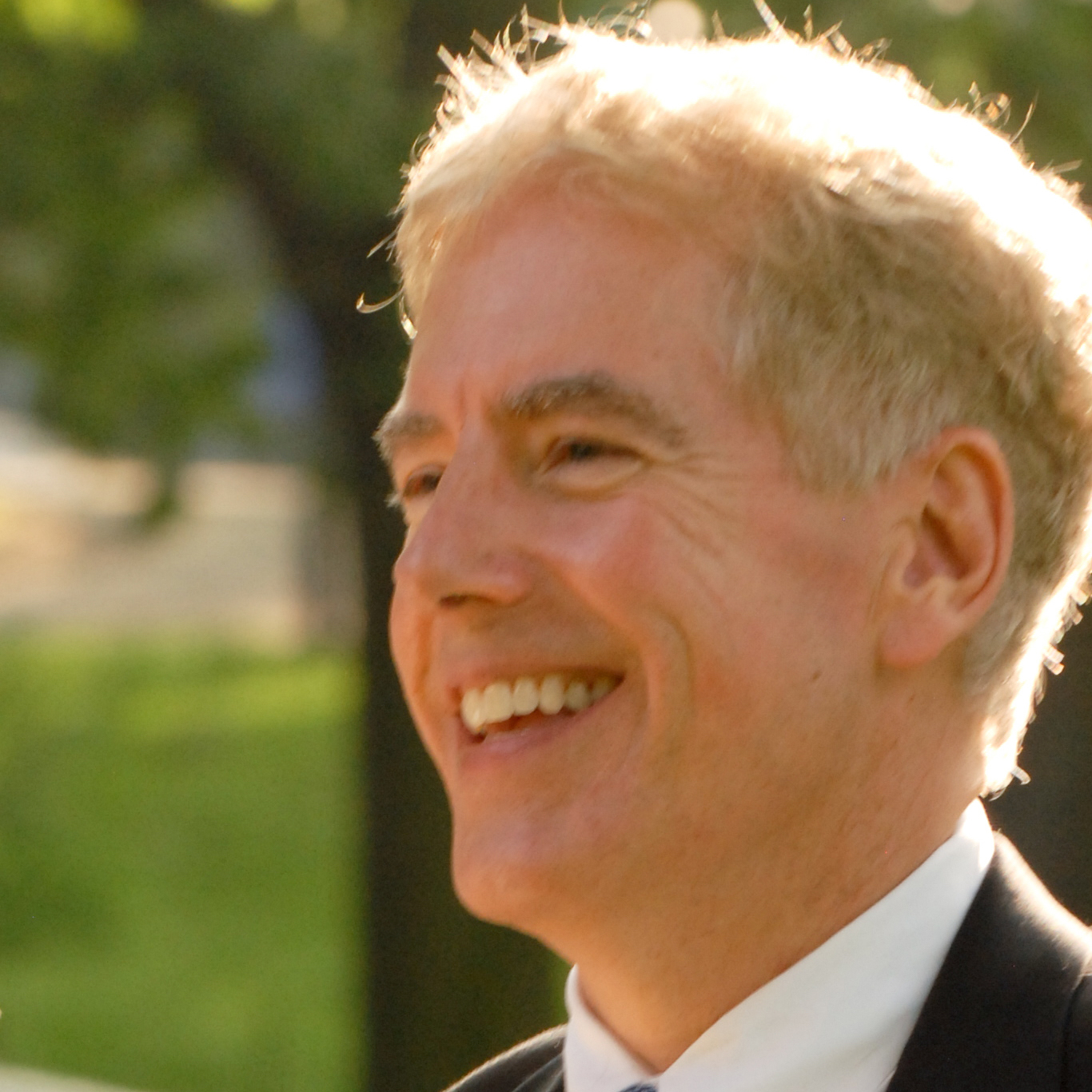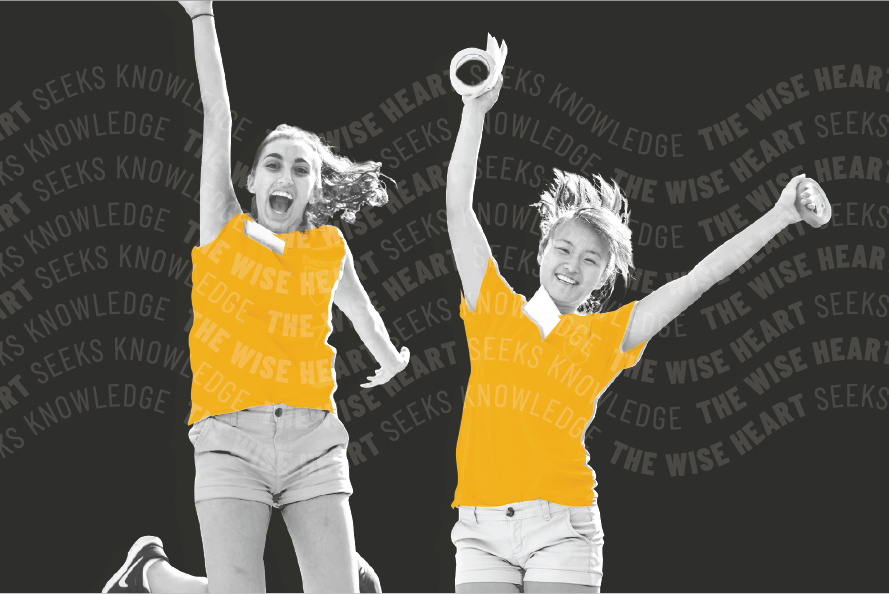
First-Year Flourishing Seminars
What enables us to flourish?
What undermines those efforts?
Whose flourishing do we have in mind?
These questions and concerns are common to ten First Year Flourishing seminars being offered in the fall of 2022. These Freshman Seminars seek to not only deepen what students know but also who they aspire to be.
- American Studies
- Biology
- Comparative Literature
- Dance
- Economics
- French
- Philosophy
- Psychology
- Religion
Enrolled students will:
- Explore common flourishing questions and concerns with an Emory Professor working in a particular field of study,
- Interact with other professors and students enrolled in other Flourishing Seminars,
- Participate in a multidisciplinary approach to learning, that establishes a rich basis for the broad, liberal arts education at Emory, and
- Apply what they learn to their own lives.
Outside of their course seminar, students have an opportunity to participate in:
- Weekly dinners consisting of 12-15 students and campus representatives and professors concerned with flourishing and unassociated with the first-year seminars, and
- Three follow-up meetings that allow students to continue to reflect on issues of flourishing and well-being.
Participating Courses

Fairytales and Flourishing
MW 10am-11:15am

The Power of Story Telling
TTh 1pm-2:15pm

The Science of Study
MW 11:30am-12:45pm

Flourishing or "The Good Life"
MW 4pm-5:15pm

Human Flourishing: Imagine a Just City
MW 10am-11:15am

Buddhism and Human Flourishing
MW 2:30pm-3:45pm

Economics of Systemic Racism
TTh 2:30pm-3:45pm

Non-human Flourishing
MW 10am-11:15am
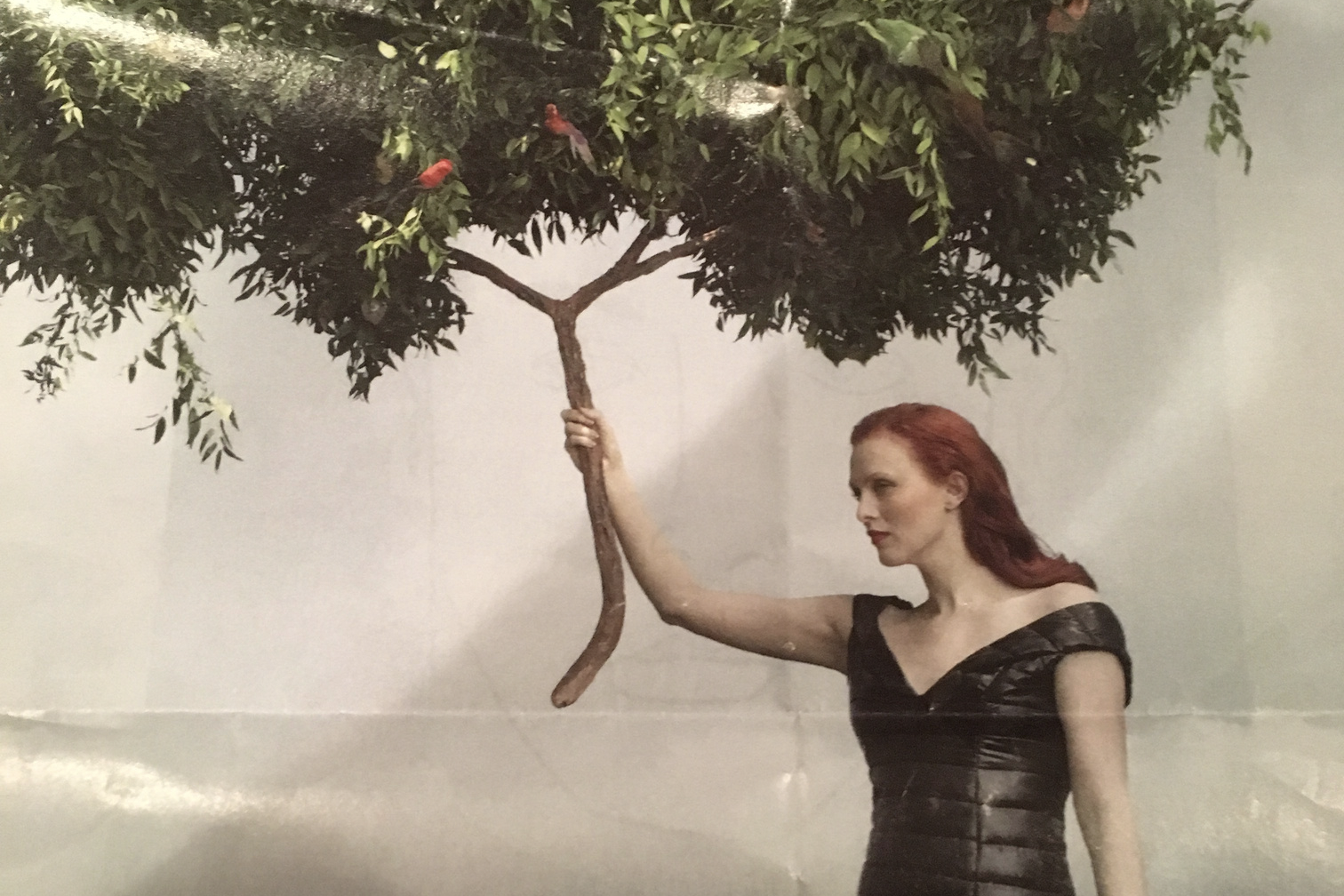
Contemplate, Create, Debate
MW 10am-11:15am
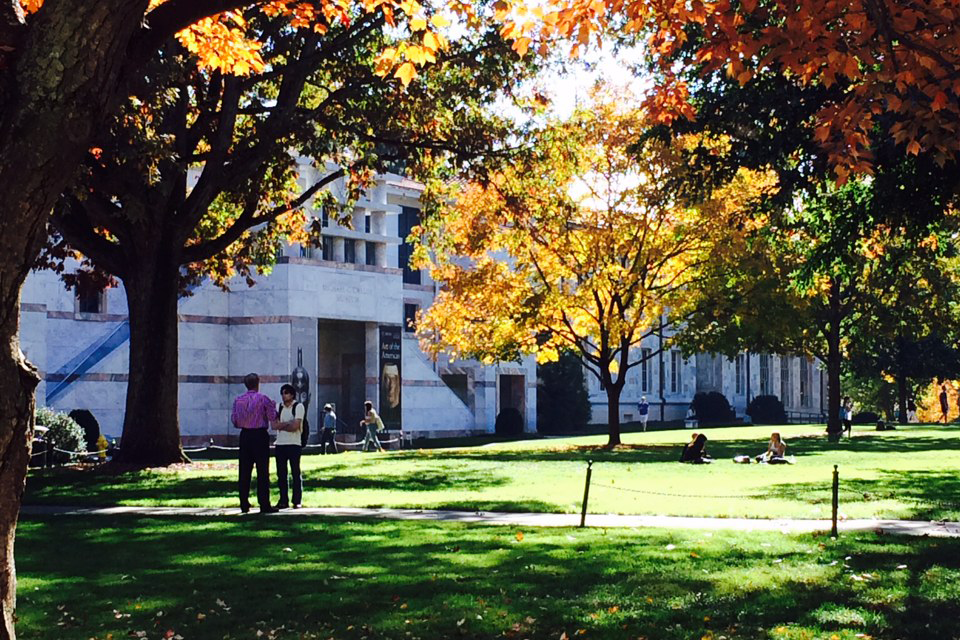
Happiness and Human Flourishing
TTh 11:30am-12:45pm
Learning Objectives
- Flourishing through connection: Each course should enable to students to acquire and demonstrate knowledge of some of the connections relevant to flourishing.
- Liberal arts literacy: Each course should enable students to locate and articulate connections between the primary course and at least one other course also participating in the initiative.
- ‘I’ am also the content of this course: Each course should prompt and enable students to reflect upon how the subject matter of the course bears upon their own well-being.
Student Flourishing Initiative
Emory’s Student Flourishing Initiative builds on Emory's legacy of preparing students to think critically, act ethically, and work collaboratively. It goes even further to envision the positive impact to communities if we create a holistic experience for every student where they can prioritize their values, articulate their ambitions, and define their purpose.
Office of the Provost